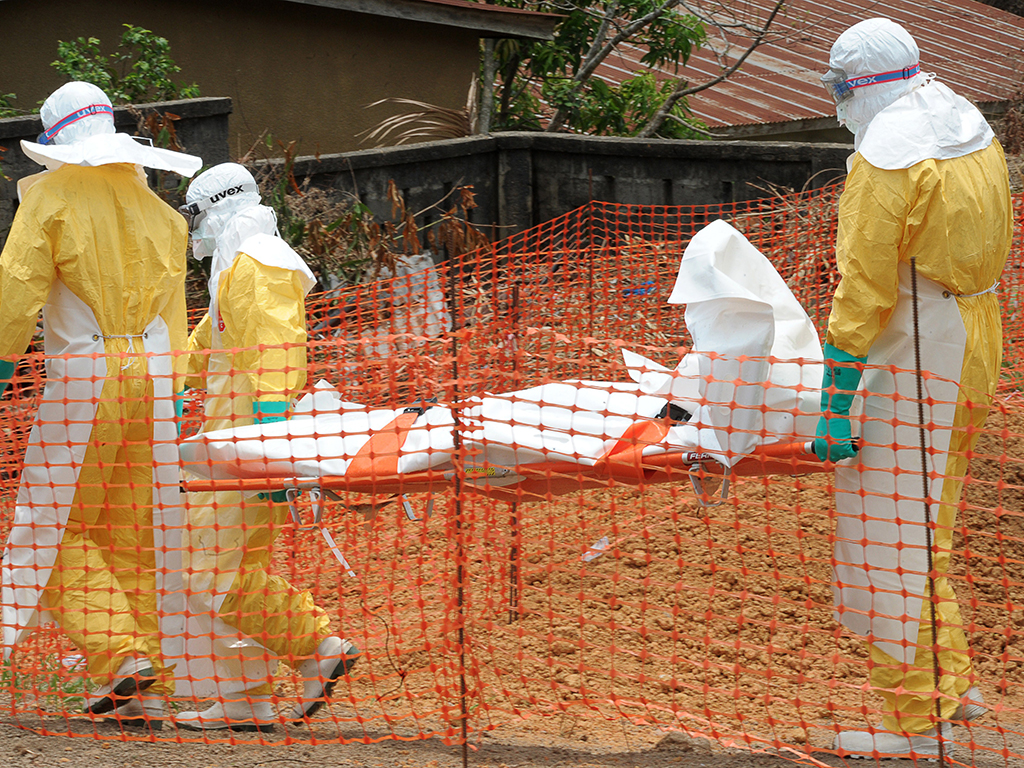Pharmaceutical industry’s response to Ebola concerns experts
Health authority experts fear the welfare of developing countries is overshadowed by a desire for profit among pharmaceutical companies

The lack of treatment available to sufferers of the Ebola virus ravaging West African countries, which has killed over 1,000 victims since it hit in March and was declared a global health emergency by the WHO, has raised question marks over the ethics underlying the pharmaceuticals industry.
Drug ZMapp, developed by California-based company Mapp Biopharmaceutical, was given to two American aid workers and a Spanish priest struck by the disease. While the American missionaries are reported as recovering, the drug, which has not been tested on humans, failed to save the life of Spanish priest Miguel Pajares.
While westerners had received the treatment, US health authorities said it was so limited in availability that African countries would not have access to it for months. Among the critics of the industry’s reluctance to research and distribute safe cures is Dr John Ashton, President of the UK Faculty of Public Health, who believes lack of monetary motivation is to blame.
He told The New Economy that profits shouldn’t be put before curing life-threatening diseases and that contracts between governments, or even the EU, and pharmaceutical companies are essential if progress is to be made. “I think we need a fresh look at the arrangements that the pharmaceutical industry has with national health services, and with the international agencies like the World Health Organisation”, he said. “So that they are producing a balanced output, rather than focusing solely on the things that are going to line the pockets of their shareholders”.
On Tuesday the WHO approved the use of experimental treatments in West Africa, with Liberia set to be the first to have access to ZMapp. TKM-Ebola, developed by Canadian company Tekmira, is the only Ebola-fighting drug to have been tested on humans so far, but the trials were suspended due to safety issues. Lack of profitability and time continues to prevent large-scale production, research and distribution of the experimental drugs, however.














